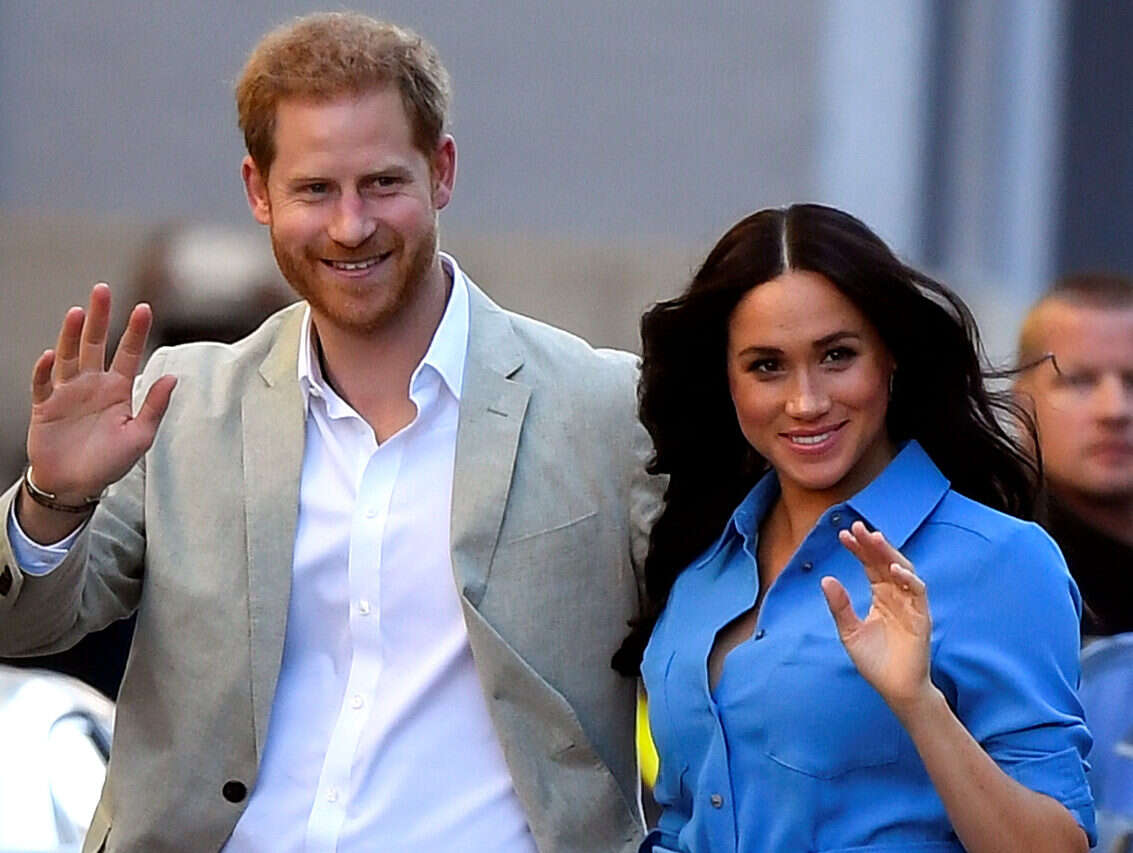
As a pioneering diversity inclusion consultant, I was aghast when I saw the following comment in Press Gazette’s daily email newsletter referring to Prince Harry: a comment, in my view, that was inappropriate on various levels.
The piece, written by editor-in-chief Dominic Ponsford, said: “No apology yet from the ginger whinger to the various female journalists (including Rebekah Brooks and Camilla Tominey) who he singled out for attack in his book Spare.”
First, Prince Harry writes a book about press abuse and harassment and various sections of the press continue with the abuse, as demonstrated above, digging their heels in with the insults to justify their actions. For example, what has the word ‘ginger’ to do with Prince Harry’s personality? Substitute the word ‘Black’ for ‘ginger’ and the bias and derogatory nature of such words become very clear. The use of ‘ginger’ with ‘whinger’ carries the implication that people with ginger hair have no place in our society, they become ‘other’ and thus excluded. Yet, if that comment was about Prince William, would the description ‘baldy’ be attached to his name?
Second, the two white women in question (and I stress their colour) have been behind some truly negative stuff about the prince and his wife. It’s not as if they were innocent bystanders being attacked. To also equate what the Prince said about them to Clarkson’s vile comment about Meghan, shows the obvious lack of impartiality in Press Gazette’s comment, which seems to favour the perpetrators of racism and misogyny, against someone trying to defend his family from unwarranted abuse. It’s also sad how you stressed Clarkson’s apology to Prince Harry, yet no apology can make up for such deliberate actions that are likely to be repeated at another time.
That comment, and the streams of hyperbole pouring out of other media in the wake of Harry’s book, Spare, show the power of language in a diverse society to both discriminate against the powerless, and reinforce the power of the press. Yet language is such an important tool when dealing with difference.
In fact, our words are so routine, they often tumble out in deliberate or unexpected ways, causing us embarrassment or grief in the process. Yet the words we use are not random or accidental. They are decided by years of learned behaviour. Thus the words we choose reflect what makes us feel comfortable and what we perceive to be relevant to our individual feelings, beliefs, status, knowledge and experience, according to our culture, moods, treatment, identity, awareness and aspirations, regardless of how it might be received by others.
For example, take the term ‘non-white’, which is used frequently in the media and government circles to draw attention to anyone who does not share the white skin colour. When I told a group of white managers that it was an inappropriate term, there was some confusion as to the reason. In fact, one of them helpfully pointed out that David Olusaga had used it when he spoke in the Harry & Meghan Netflix series. Obviously, David, being mixed race, made it okay. Yet David is a gifted historian, not a diversity inclusion expert. He uses terms he’s learned just like anyone else. Furthermore, we all say something that isn’t quite appropriate at some time in our lives, until we know better. If we still pretend ignorance after that, we are likely to have an agenda.
So, for those who might not know why this phrase is inappropriate, here it is: In a multi-ethnic society, the term ‘non-white’ makes whiteness the definitive colour by which everyone else is measured. Simultaneously, it also erases the identity of those to whom it is applied, as their own colour and intrinsic value become irrelevant under one singularly racist label. In essence, if you are not white you don’t matter, immediately relegating visible minorities to a status of invisibility, not worth acknowledging in their own right.
To illustrate this anomaly more clearly, would we say ‘non-male’ when referring to females? ‘non-gay’ for heterosexual people? Or ‘non-black’ when referring only to white personnel? No, we wouldn’t. Yet we glibly use ‘non-white’ to refer to visible minorities. They can only be acknowledged in reference to the majority group. ‘Non-white’ might seem easier to use to illustrate a particular demographic, but it is not the language of inclusion. It is highly exclusive and demeaning to those whose colour does not match that monocultural label and are rendered invisible by it.
Language is a powerful tool in the treatment of difference. Just by the words we use (like ‘ginger’, ‘whinger’, ‘non-white’, etc.) we covertly demonstrate intention, status, priority, power, inclusion or exclusion.Thus to deny when we have used words inappropriately, or to assert that someone is not being discriminatory or racist, despite the words they chose in any interaction, shows an ignorance of how bias actually works; ignorance of the power behind the chosen words, and the power the user feels in uttering them in the first place. In essence, we cannot say we respect and wish to include someone if we are insensitive to their presence, feelings, needs and what they value.
The Press Gazette claims to be keen on being more inclusive, especially with the media awards it is promoting to encourage minority input. But it cannot desire a more inclusive press community, yet still keep doing what it has always done. It will just keep getting the same results.
Email pged@pressgazette.co.uk to point out mistakes, provide story tips or send in a letter for publication on our "Letters Page" blog
